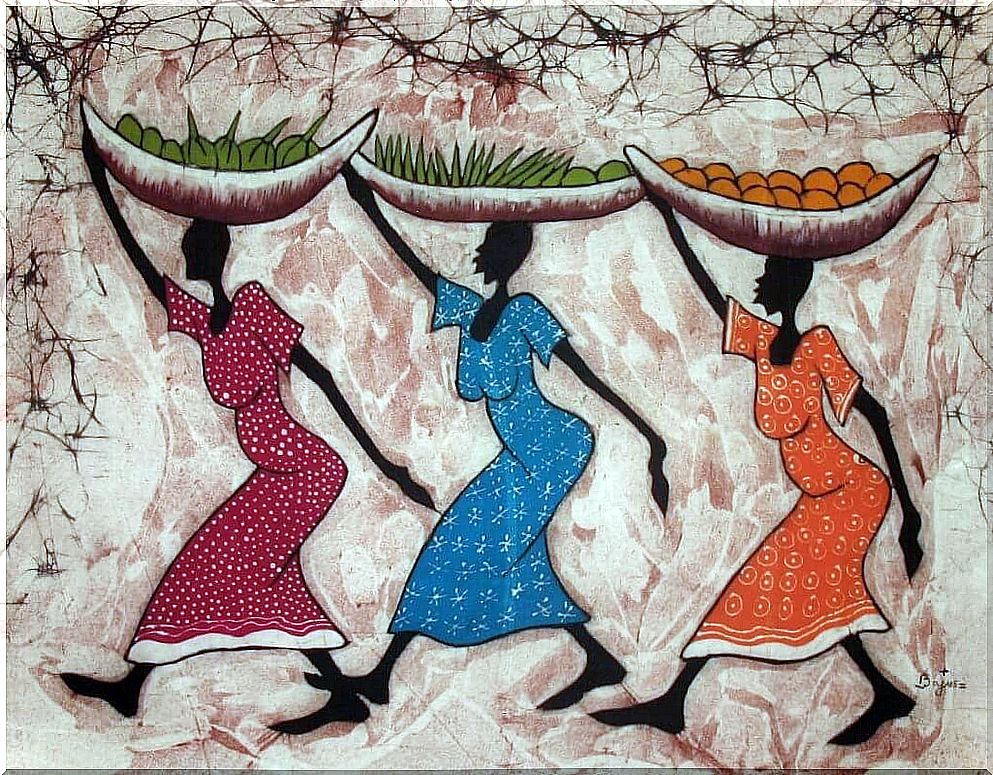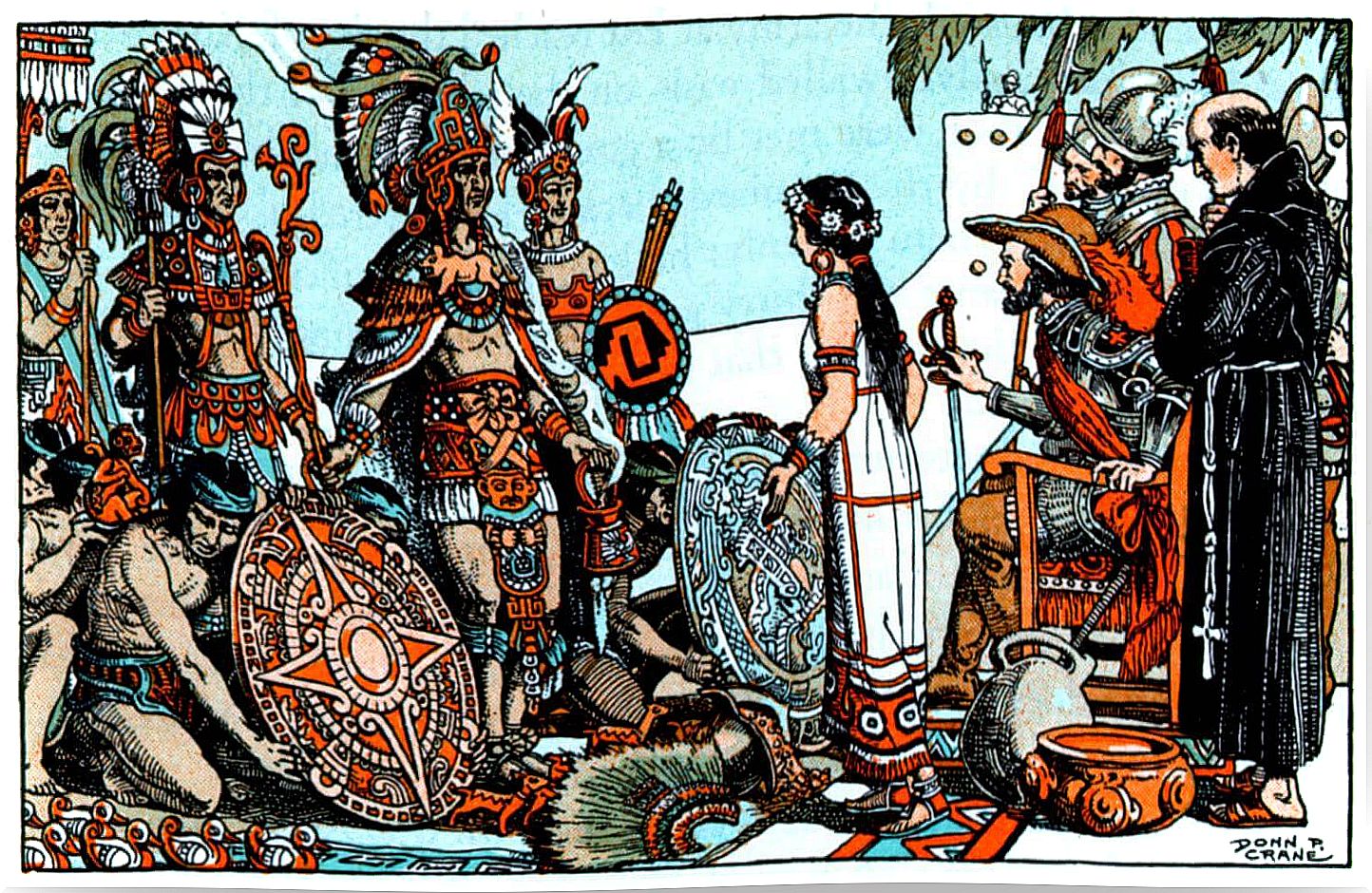Own Point Of View: Ethnocentrism

Ethnocentrism is the point of view through which the world is analyzed according to the parameters set by the culture to which we belong, either implicitly or explicitly. Ethnocentrism usually implies that one’s own ethnic or cultural group is superior to other groups and therefore concludes that one’s own culture is better than others.
This point of view accredits paternalistic actions of care towards other groups, since being inferior they need our superior group to teach them and attend to their needs. Ethnocentrism can also generate other less subtle actions, such as extermination or slavery.
The most notable characteristic of ethnocentric people is that they tend to judge other groups by comparing them to their own culture or group. Specifically, they do so in aspects such as language, customs, behaviors, religion or beliefs. These categories are the ones that normally define cultural identities.
Psychology of ethnocentrism
In social psychology, ethnocentrism is understood as a cognitive bias. Cognitive biases are errors in the processing of the information received, which leads to distorted and illogical interpretations.
Cognitive biases have an evolutionary basis: the more information we are presented with, the more difficult it is to interpret. For this reason, evolution has led to our brain not taking into account part of the information it has,
Thus, by discarding some of the information, you can quickly make a decision or make an interpretation. That is, the brain takes shortcuts, which are technically called heuristics.
Forms of ethnocentrism
Next, we explain the different forms of ethnocentrism:
- : this ideology considers that Europe is the center of development of civilization and considers that universal history is formed through its relations with other cultures.
In the words of Ramón Grosfoguel: “We went from the« Christianize yourself or I kill you »of the 16th century to the« civilize yourself or I kill you »of the 19th century, to the« develop yourself or I kill you »of the 20th century, to the« neoliberalize yourself or I kill you »at the end of the same century and to the «democratize yourself or I’ll kill you» at the beginning of the 21st ”.

- : This other ideology proposes that all Africans are one group so that the black race of all and assumed superiority over other groups. The thought began when blacks were fighting for civil rights in the United States and, in many cases, served as therapy for the abuses that African Americans suffered.
- : This ideology considers China the center of the world. At the time when China was the greatest power, the Sinocentrists believed that China was the only civilization and that the others were barbarians. A similar thought occurred during the Roman Empire, when it was considered that outside its territory there were only barbarians who were not civilized. This thought has declined at present, although for example in maps of the time it can be seen how China appears in the center of them.
Ethnocentrism in Kathmandu
An example of ethnocentrism appears in the film “Kathmandu: A Mirror in the Sky” by director Icíar Bollaín. In one of the scenes, a Spanish teacher who teaches poor children in Kathmandu, after detecting that one of her students had lice, decides to shave her hair to scratch in front of the other students.
This situation is not tolerated by the other teachers. One of the native teachers explains that she cut her hair on Monday and, since she was born on Monday, she cannot cut her hair on that day of the week.

This answer, to the Spanish teacher, seems unreasonable, but then the native teacher asks her if she would act in the same way if she met a student with lice in Spain.
The answer he gave is evident to us: “no.”
The native teacher, after destroying all the arguments that the Spanish teacher could report with a single question, asks him again. So why are you doing it here?
The answer, this time, did not come.









